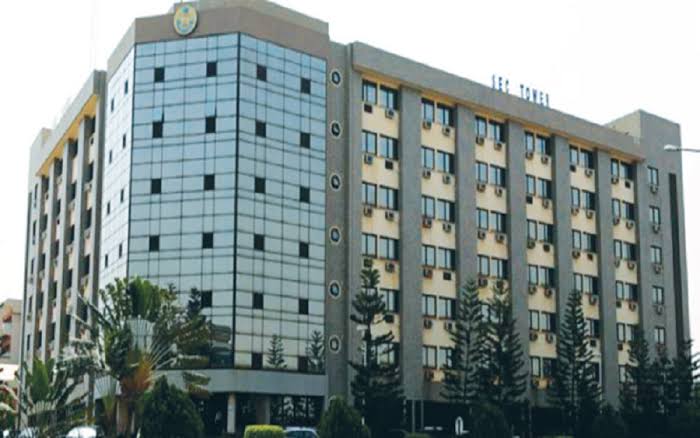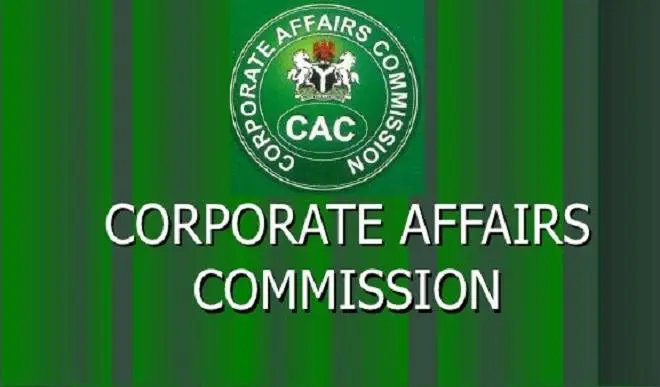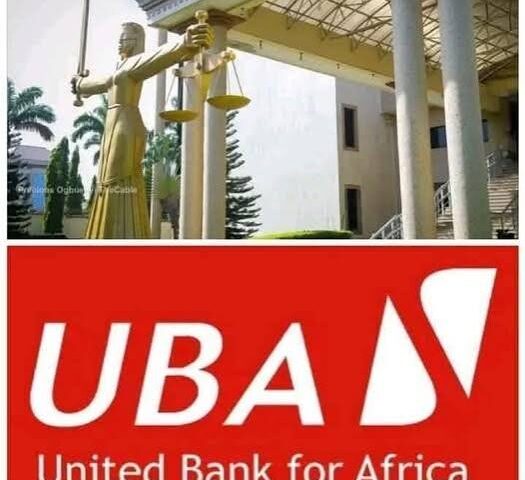Mohammed Shosanya
The Securities and Exchange Commission has released its Framework on Banking Sector Capitalisation Programme, 2024.
This is in a bid to support the Central Bank of Nigeria’s recapitalisation programme towards achieving the targeted objectives.
The framework which was released on Friday serves as a comprehensive guide for Banks/Holding Companies and market participants to navigate the recapitalisation programme effectively.
The move is driven by the recent directive by the Central Bank of Nigeria for banks to raise additional capital to serve $1tn economy.
In the new CBN capital requirement, international banks are expected to raise their capital base to N500billion, national banks, N200billion and regional banks N50billion.
The Commission said the framework would help to ensure that the capital raising process is conducted efficiently, transparently, and in a manner that protects the interests of all stakeholders.
This is expected to serve as a guide to the Banks/Holding Companies issuers and Capital Market Operators in filing applications for capital raise and/or mergers and acquisitions.
Other objectives of the framework are to guide in ensuring full disclosure of material facts in compliance with the Investments and Securities Act 2007, Rules and Regulations of the Commission and other relevant laws, to ensure proper and timely review of the transactions
According to the SEC, “Following prevailing macroeconomic challenges and headwinds occasioned by external and domestic shocks, the Central Bank of Nigeria (CBN) has mandated a recapitalisation programme for banks to strengthen their asset base and support economic growth in line with the Federal Government’s target of achieving a $1 trillion economy by 2030.
“Capital market has a significant role to play in facilitating the recapitalisation programme as the Banks are expected to leverage the market to raise the needed funds and /or engage in various forms of business combinations.
“As the regulatory institution mandated to regulate and develop the Nigerian capital market, the Securities and Exchange Commission (SEC), has the responsibility to ensure a smooth, transparent, and efficient capital raise process by the banks.
“This framework outlines the guidelines and procedures banks are required to follow to raise capital through rights issuance, private placements, or other approved methods during the 2024-2026 recapitalisation period”.
The SEC stated that applications/documents are filed electronically via offerapplications@sec.gov.ng email adding that documents forwarded will be reviewed, and where there are observed deficiencies, this will be communicated to the applicants electronically.
The Commission also stated that where deficiencies are communicated, the timeline resets and in the absence of any deficiency, approval will be granted and communicated.
“Where an application is returned for being incomplete – a penalty of N1,000,000 and re-filing fee of N100,000 shall apply. This fee is payable by the Issuing House without a recourse to the Issuer or the Issue proceeds. For further inquiries or clarification, banks and stakeholders are encouraged to contact the SEC’s dedicated offer application email: offerapplications@sec.gov.ng” the Commission stated.
The Commission disclosed that the framework is an excerpt of the existing Rules and Regulations of the Commission and should be read in conjunction with the relevant provisions of the Investment and Securities Act, 2007 and the Commission’s Rules and Regulations.
“The Commission may require other documents or information as may be necessary. Where an issuer had already filed necessary documents with SEC (e.g. Memorandum and Articles of Association (Memart) or certificate of incorporation or certificate of increase in share capital, etc.) the issuer need not file the documents in subsequent transactions, provided the issuer enters into an undertaking that since the previous filing, there has been no change in the documents already filed with the Commission. Affected banks/Holding Companies are required to regularise/update their corporate information with the CAC prior to filing an application with the Commission” it added.



















